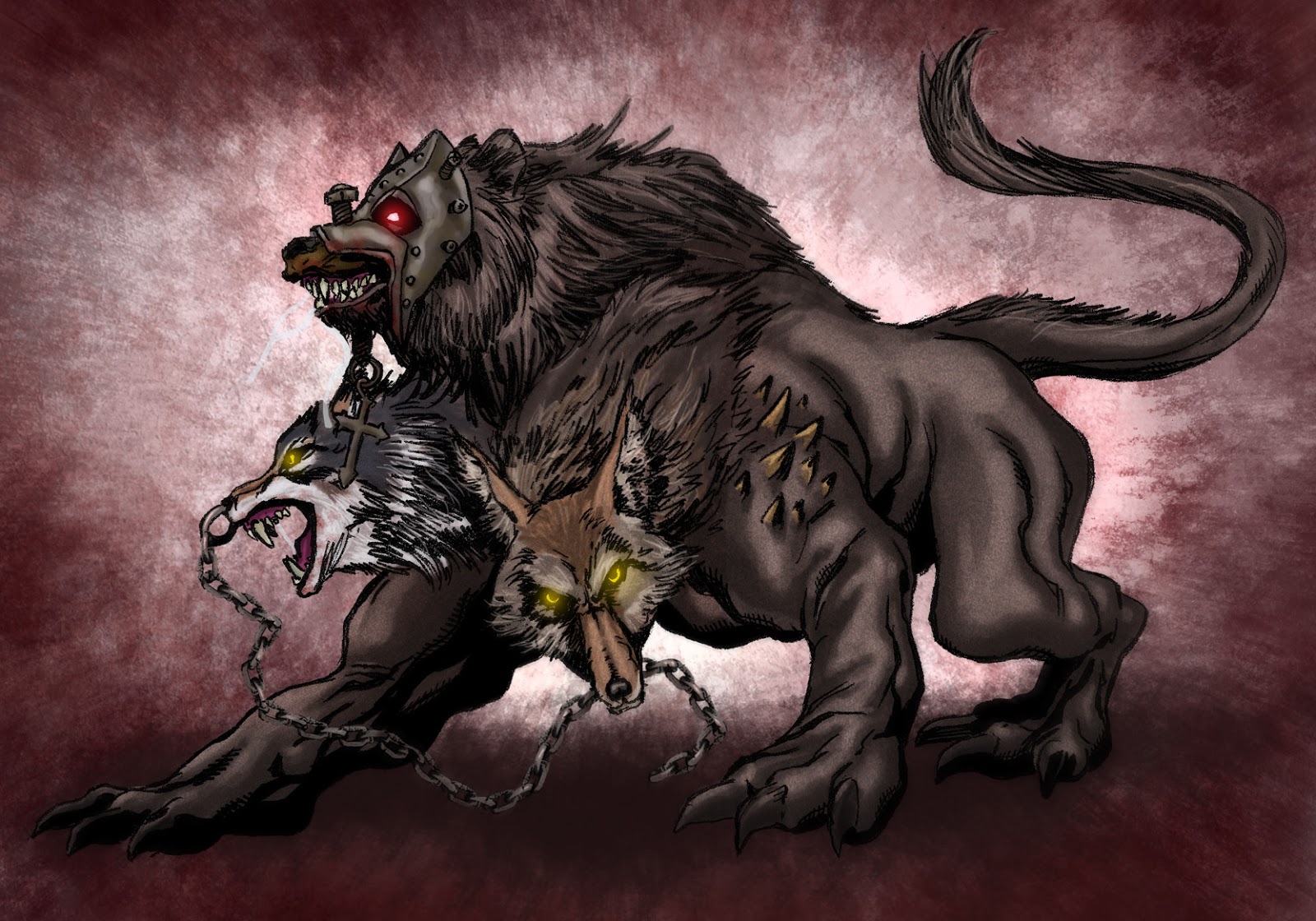Very often I will hear Catholics grumble about the state of the American church today and they say, “Its the result of fifty years of bad catechesis.”
Yes, I agree that what I call puppy dogs and kittens catechesis is a big problem. By puppy dog and kittens catechesis I mean that sort of religious education which is all cuddly and cute but without content. I understand why it went that way. After the Second Vatican Council many Catholics said, “We have the doctrine and dogma. We have the sacraments, but we also have a lot of legalism and guilt. The people need to have a real relationship with Jesus. They need to connect with their feelings and know how loved they are!”
I get it and I actually agree with it. However, what happened too often (as so often with reformers) instead of simply correcting a problem by adding what was missing they felt obliged to destroy what was already there. Catholicism doesn’t destroy. It adds more and more.
So we have been burdened with this sentimental, relativistic catechesis in which people in RCIA were told there is no hell, but that we need to make a heaven here on earth, and children were told to color pictures of the rainbow and unicorns and talk about peace and love rather than learning their catechism.
Belloc said “Every argument is a theological argument.” The poor catechesis is not the main problem. It is a symptom of a deeper problem. That deeper problem in the church is a theological problem. It is a monster from hell that has three heads.
The first head is universalism. Theologians started teaching that there wasn’t any such thing as hell, or if there was nobody was in it. Everyone would be saved in the end. What kind of catechesis do you need if that is true? You might as well color pictures of rainbows and unicorns.
The second head is relativism. Doctrine was out because they came to believe that doctrine is not objective. In other words, the words you use for theology are provisional. They are relative. They are your words and your concepts and your truth, but I might have my words, my concepts and my truths. So if there is no objective theology then why catechize anyone and teach them dogma?
The third head is connected to the first two and that is sentimentalism. If there is no dogma, then all thats left is sentimentality or whatever emotions you feel. That is why when I converted to Catholicism because I thought it was true an old lady cried and said, “But surely the only thing that really matters is how much we love Jesus!” Well yes, but what does that mean and how are we sure it is Jesus we are loving and not just a greeting card with a nice picture and a cute poem inside?
What we need is good strong catechesis to be sure, but there is more to it than that. Combined with the hefty catechesis we need lives that are radically Catholic. We need more Catholics to take a joyful risk, step out of the boat and walk on the waves and do something daring and something beautiful for God. This is what inspires the young to keep the faith. This is doctrine lived. It is catechesis in action.
It is what the theologians call orthopraxy combined with orthodoxy.
When we get that right the rest will fall into place.







Leave A Comment
You must be logged in to post a comment.